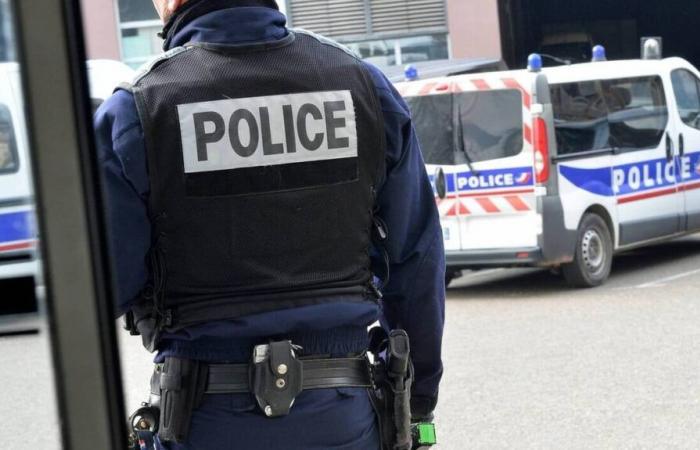The police went through the same window as the thieves, to arrest them in the act of burglary, Thursday, November 7 evening, in the Mellinet district of Nantes.
close
-
The police arrested the two burglars in flagrante delicto. | JOËL LE GALL / WEST-FRANCE ARCHIVES
It was a witness who raised the alarm. Thursday, November 7, around 7:40 p.m., he saw three men banging on a garage door, rue Mellier, in Nantes. They wanted to enter the house, which was unoccupied at the time.
When a police crew arrives, they discover a broken window. The police also enter through this opening and manage to arrest, in flagrante delicto, two burglars equipped with hoods and gloves. The third fled. Aged 15 and 20, the two suspects were taken into custody for burglary.







